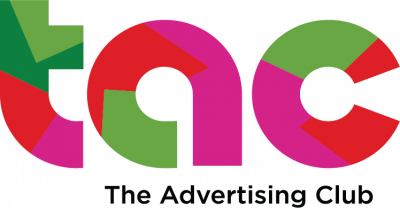Wable says “Today, we are a great team that has lived up to the Ulka positioning – we are not just creative suppliers but brand consultants. The Delhi branch has won an Effie for almost all the brands it handles.
Sometimes, when I lie back in my chair and go back to where I started from, I feel glad that I followed my heart and picked advertising,”
His first exposure to advertising was during his college days, when he modelled for DCM Silk, Brylcreem and Rajdoot Motorcycles. Arvind Wable, an alumnus of institutions such as Mayo College, St Stephen’s, Delhi School of Economics and IIM Ahmedabad, with his vast experience in the advertising world, is a treat to listen to.
His first subconscious move into advertising was probably choosing IIM Ahmedabad over the IAS, which was the fad of the mid 70s. Professor Subroto Sengupta, fondly known as SSG, was instrumental in arousing his interest in advertising.
The first lesson of life came when he was a summer trainee at Mahindra & Mahindra during the IIM years. His Maharashtrian surname prompted the bosses to send him to the villages of Maharashtra to do a feasibility study on the usage of Jeeps as rural taxis.
Though Maharashtrian by birth, he didn’t know a word of Marathi as he was born and brought up in Rajasthan. But his partner, Kumar, a Tamilian, knew fluent Marathi. It was during this journey that he discovered his roots. He realised that rural folk have an innate common sense. He learnt how to interact with people and sell concepts and realised the power of the local language to sell.
In 1977, he joined HTA (now JWT) Chennai as a management trainee. It was here, under the guidance of Ram Ray, that he got hands-on experience of the workings of an ad agency. From making Power Point presentations to copy checking and raising estimates, he did it all.
His next big leap came when he joined HTA Mumbai in 1978. There, he managed the Air India (AI) account (its advertising at that time was local). He felt that the ‘Maharaja’ should go global. “It took us 18 months to convince them, but when AI went global, it was a huge success. Just having an idea isn’t enough, one has to convince the client and sell it too,” Wable says.
In 1983, he made a bold move to relocate to New Delhi to join a start up, Network, a part of the HCL Group. The task at hand was to launch India’s first electronic typewriter. It was a concept product, priced 10 times more than an ordinary typewriter. So, he decided to sell the concept of ‘status’.
Wable wrote the entire demo and the product literature and worked on the campaign and positioning. “The product was a hit and we collaborated with Canon. That’s when I realised the importance of direct selling and learnt to deal with international collaborations,” he says.
Wable joined FCB Ulka, Delhi in 1989, at a time when it was in bad shape. Clients wouldn’t call the agency for pitches since it didn’t figure amongst the top few. After he joined, Ulka started winning new businesses. However, it was the Whirlpool business which proved to be a landmark. He coined the term ‘homemaker’ for the housewife. The brand changed the depiction of Indian women in advertising.
In 2002-03, after being bought over by the Interpublic Group (IPG), Ulka lost almost 40 per cent of its business due to global re-alignments. “We had to give up HP, Frito-Lay, Tropicana and Reckitt Benckiser. This is where the second turn around came, with clients such as Hero Honda, ITC’s John Players, SC Johnson, HCL, KFC and Naukri.com, which we bagged over the next two years,” Wable says.
